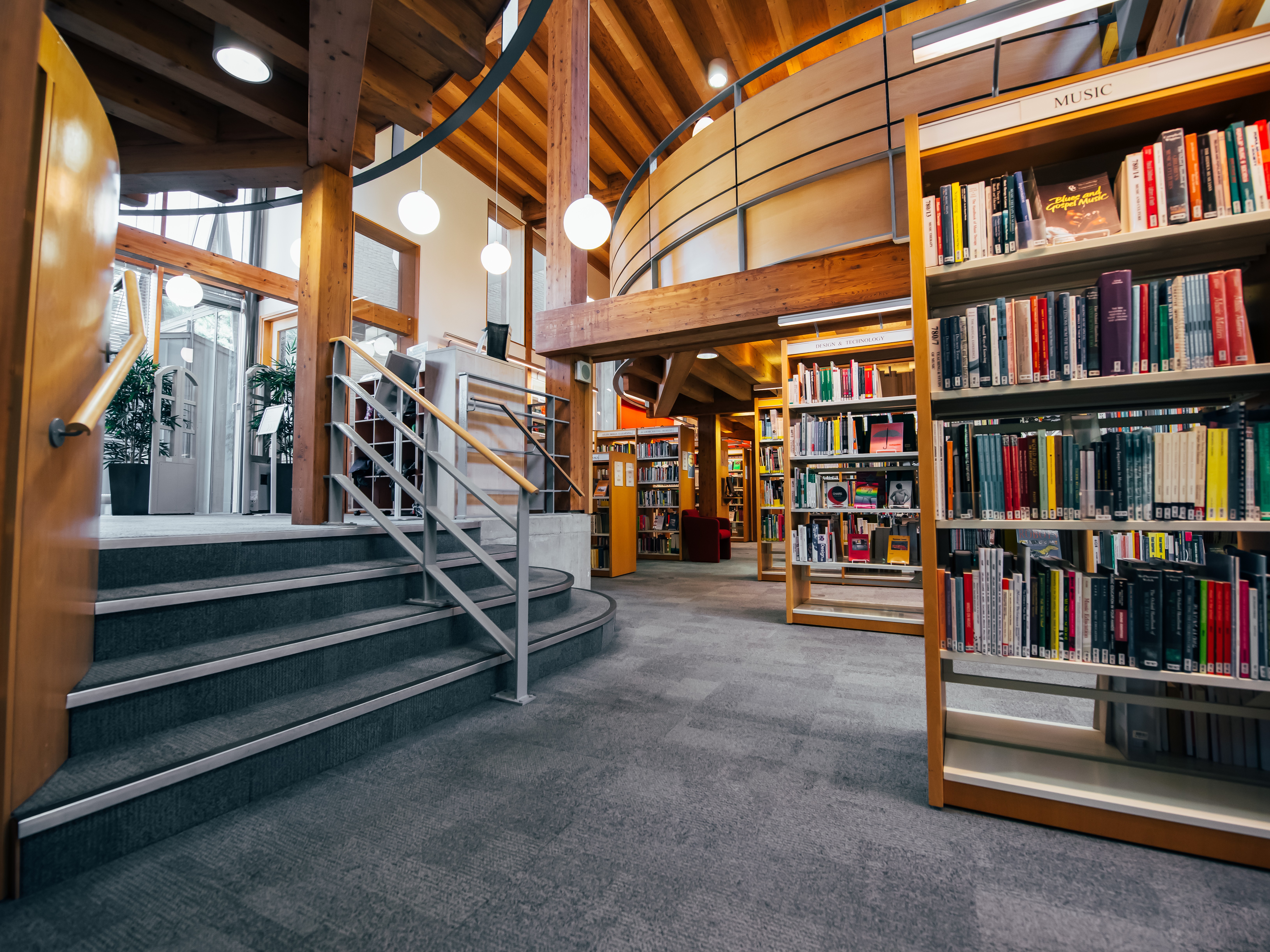Search for our courses on the .gov website: University of Cambridge (C05)
The range of activities used to promote student enjoyment and progression have all been priceless in terms of educating myself and informing my own pedagogy. I have truly been able to teach in my own style, with the support of my brilliant mentor.
The course is built upon principles of inclusion and equality of opportunity in teaching and learning for all students whatever their potential and achievements. PGCE students are encouraged to foster their own and their students' creativity through an enthusiastic commitment to adventurousness, exploration and systematic hard work within and beyond the classroom. PGCE students are also encouraged to develop an attitude of critical enquiry and see themselves as teachers who research their classrooms so that they make informed choices in all that they do. The course therefore provides a stimulating introduction to current theory and practice in the teaching of English.
You can read about the experiences of past and present PGCE English students on the Cambridge English PGCE Blog.
Who is this course for?
The English course is for people wishing to become secondary teachers of English 11-18 who have a strong interest in learning to teach all aspects of the subject including literature, language, literacy, media and drama.What will I study?
The Faculty-based work, taught by two subject lecturers and a range of other professionals, is closely linked to a programme of classroom experience in local comprehensive schools. In their school-based work, PGCE students are mentored by experienced subject teachers. Both in the Faculty and in schools, PGCE students are encouraged to explore a wide range of creative and systematic approaches to teaching and learning. The course covers all aspects of the National Curriculum for English including speaking and listening, reading and writing; drama; language study; literature from different historical periods, cultures and traditions; non-literary texts; media and moving image texts; the use of information and communication technology. In addition, PGCE students learn about teaching English within 14-19 courses, including GCSE and A level English Language, English Literature and Creative Writing. The course also addresses areas of enrichment such as extra-curricular activities, museum and gallery education and learning in out-of-school contexts such as the nearby botanic garden and other sites of local historical interest.
How will I study it?
PGCE students learn a variety of teaching methods including whole class teaching, structured group work and individual or pair work. There is a strong emphasis on active learning through discussion, presentations, peer-tutoring, research, independent study and writing. Throughout the course, PGCE students study different methods of assessment and how they support classroom learning, lesson planning and teaching. In seminars and workshops, the integral relationship between educational theory and teaching methodology is explored. PGCE students reflect critically on their experiences as learners and teachers in regular meetings with their subject mentors in schools and develop a rationale for their classroom practice.
There is an emphasis on encouraging the PGCE students' own creativity in producing poetry, short stories, plays and videos. Twice a year, the group meets to share and perform creative pieces that PGCE students have either written or made themselves or produced with their students in school.

Advice for applicants
All applicants are asked to state clearly why they wish to train to teach English and why they are interested in the course's commitment to inclusion and equality of opportunity.
In order that your personal statement is fully informed by your knowledge of English teaching in contemporary classrooms, ensure that you spend at least one week observing in a non-selective state maintained secondary school before submitting your application. If you are offered an interview, it will also enable you to draw on first-hand experience when talking about your views of English teaching.
How will this course prepare me for positions of leadership?
By the end of the course it is hoped that PGCE students will be critical inquirers into their own practice, clear about the place of English within the school curriculum and the wider community. They will be well-equipped to become active members of English departments, keen to contribute to departmental policy and learn from colleagues and eager to take on subject leadership responsibilities in due course.

How does this fit in with the MEd?
Some students follow the Transforming Practice route from the selection available within the MEd courses, designed especially for early career teachers. Other options include Critical Approaches to Children's Literature.
For more information, visit the Master of Education page.
